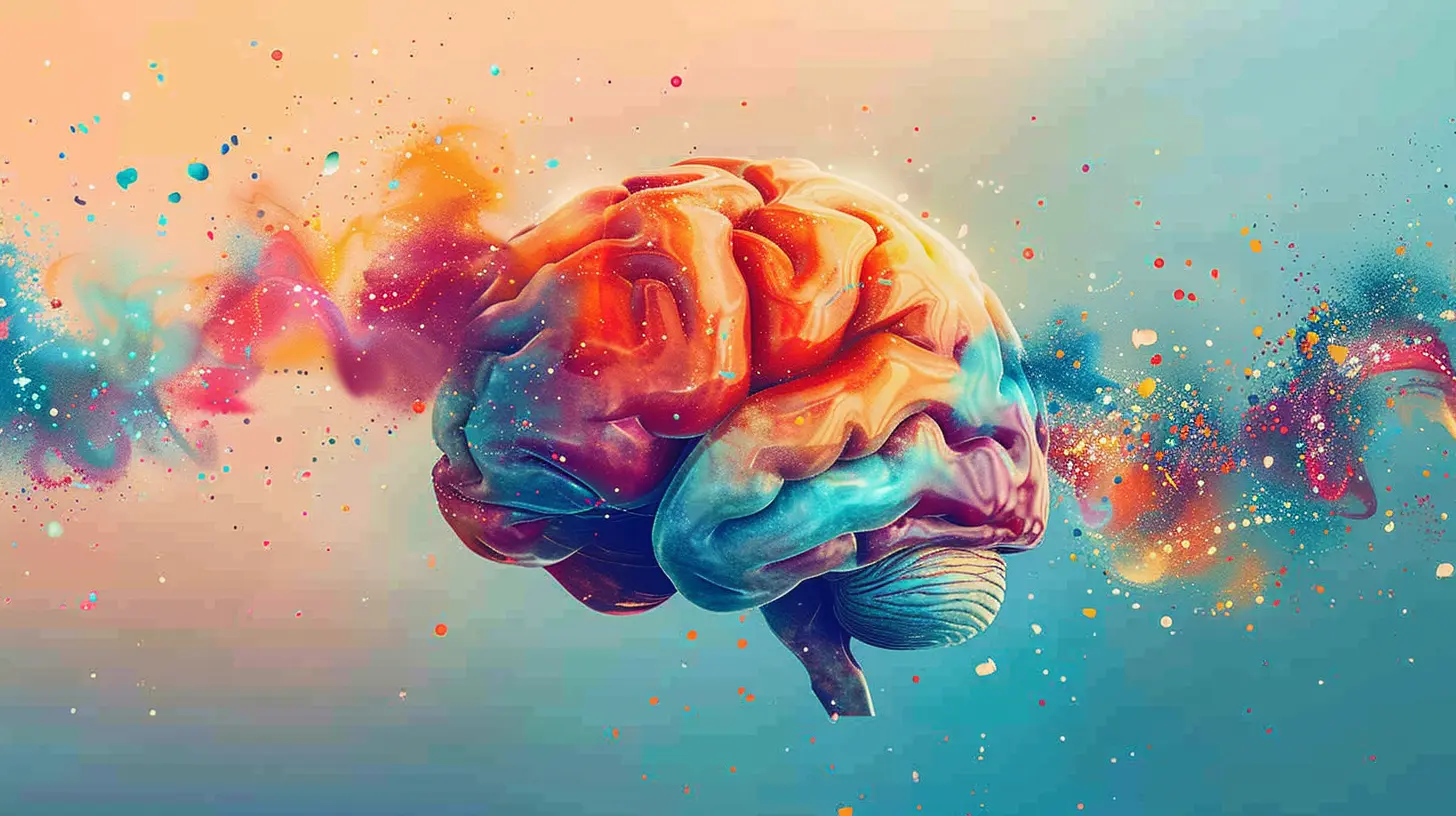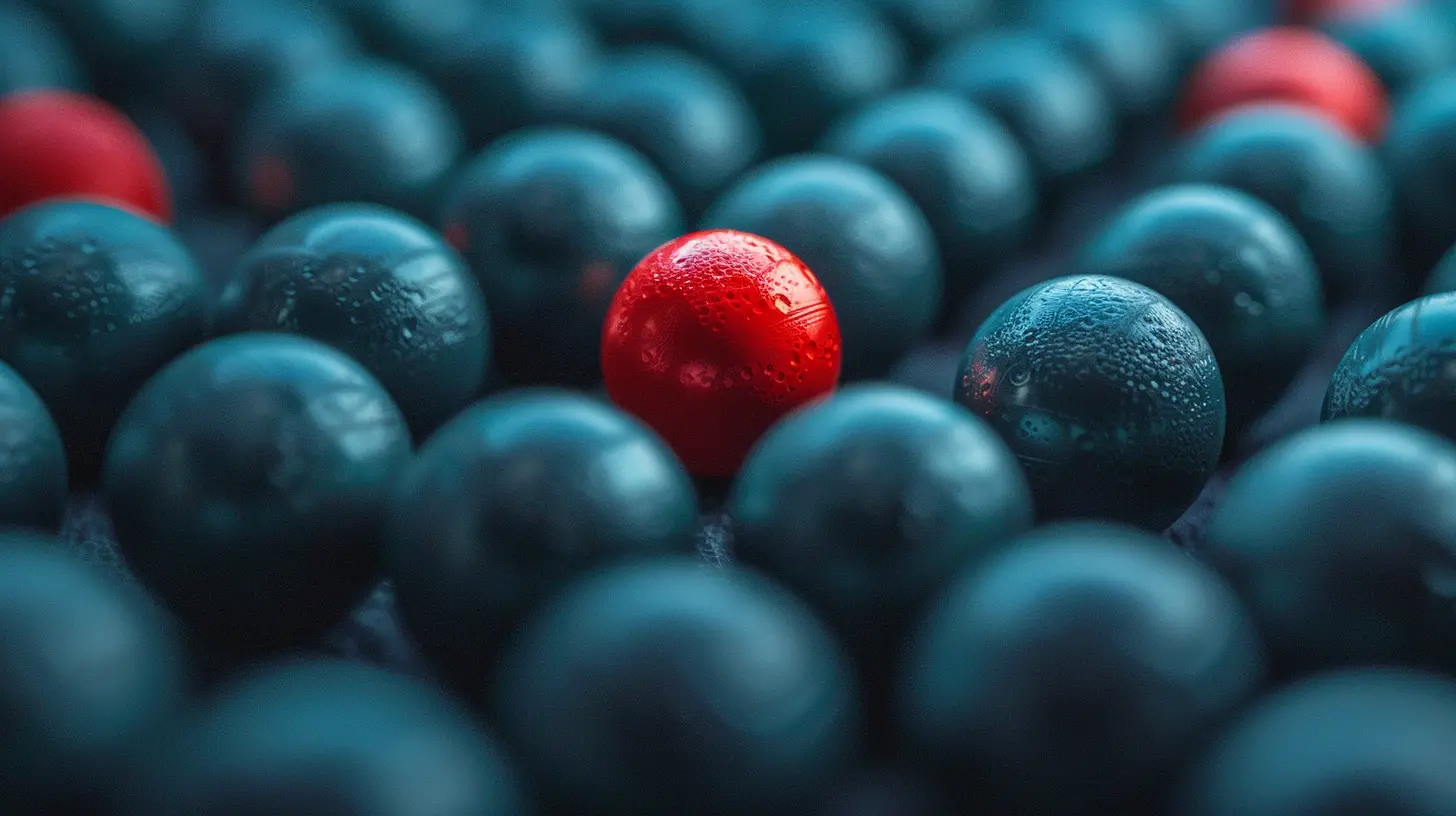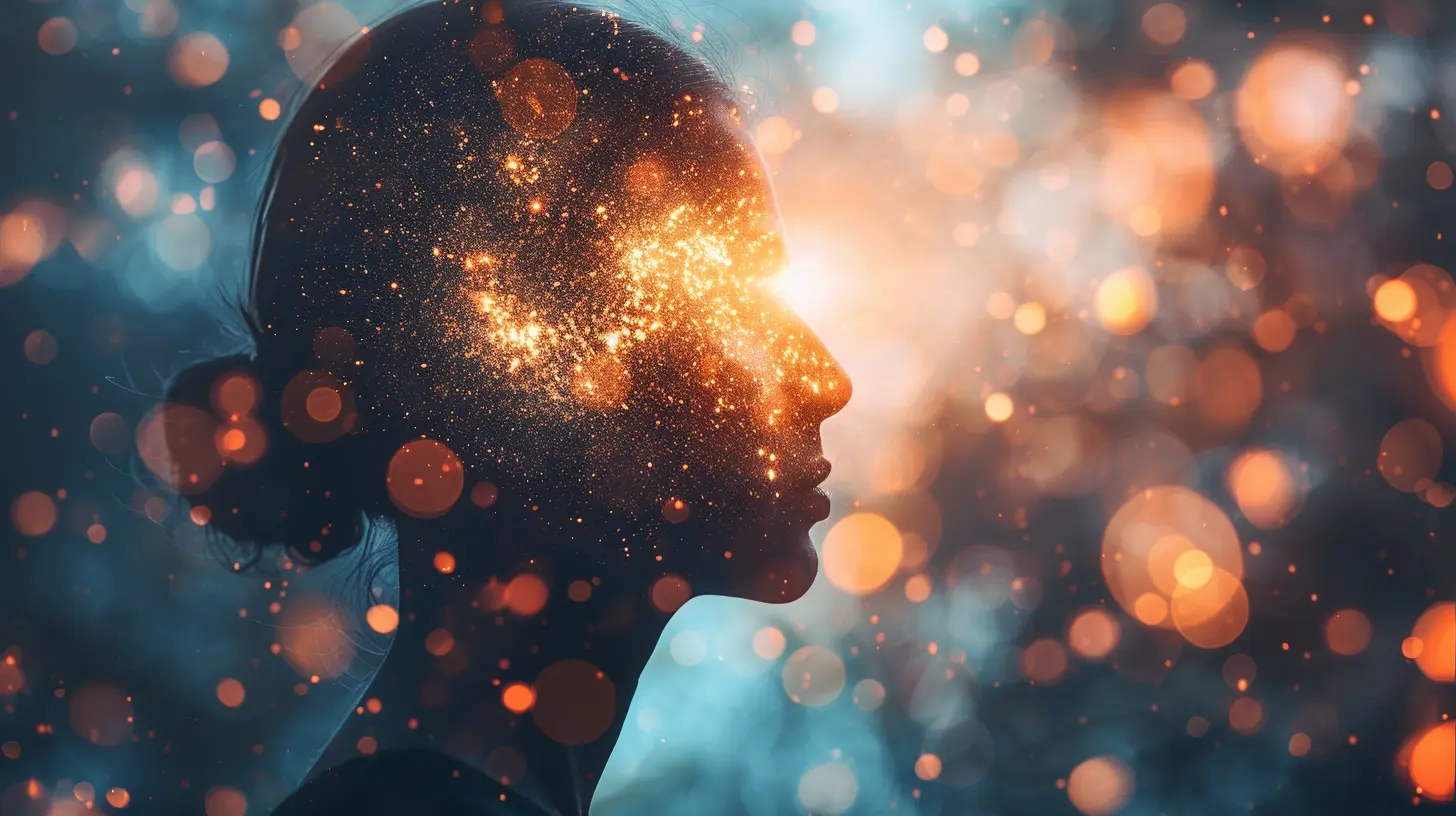12 April 2025
If you've ever found yourself feeling a sudden burst of joy after accomplishing something, or maybe you felt a wave of drive to chase a goal, you’ve experienced the power of dopamine! This tiny chemical in our brains plays a huge role in how we seek rewards and stay motivated. In this article, we’re diving deep into the world of dopamine and exploring how it fuels our motivation and reward systems. Buckle up, this is going to be an exciting ride!

What is Dopamine?
First things first—what exactly is dopamine? You can think of dopamine as a messenger in your brain. Scientists call it a "neurotransmitter," which simply means it helps to send signals from one neuron (brain cell) to another. But dopamine isn't just any messenger; it's the one responsible for feelings of pleasure, reward, and motivation. It's like the brain’s very own cheerleader, encouraging you to keep going, keep striving, and—when you finally achieve your goal—throwing a little celebration in your head.Dopamine and the Brain
Dopamine isn’t randomly floating around in your brain. It’s mainly produced in a part of the brain called the ventral tegmental area (VTA). From there, it travels to various other parts of the brain, including the nucleus accumbens (the brain’s reward center) and the prefrontal cortex (which is linked to decision-making and planning). These regions work together to help you experience motivation and reward.So, the next time you feel a surge of satisfaction after completing a task, you can thank dopamine and its well-organized route through your brain for that little high!

Dopamine’s Role in Motivation
Here’s where things get really interesting. Dopamine isn’t just about feeling good after you achieve something; it’s also what pushes you to want to achieve it in the first place. In fact, dopamine is often called the "motivation molecule." Think of it like a fuel gauge in your car. When your dopamine levels are high, you're revved up and ready to go. When they’re low, you might feel sluggish or unmotivated.The Anticipation Factor
One fascinating aspect of dopamine is that it doesn’t just spike when you get a reward—it also rises when you anticipate a reward. Have you ever felt excited just thinking about an upcoming event or reward? That’s dopamine working behind the scenes. It’s like your brain is setting you up with a little “taste” of the pleasure you’ll feel, motivating you to keep going so you can experience the real thing.In a way, dopamine is like a carrot on a stick, leading us forward through the promise of future rewards. The more uncertain or unpredictable the reward, the greater the dopamine release. This is why things like gambling or social media notifications can be so addictive; they offer unpredictable rewards, which cause frequent spikes in dopamine.
Effort + Reward = Dopamine Boost
Dopamine doesn’t just show up when the reward is easy to get. In fact, research shows that dopamine levels increase when you have to work hard for something. Ever felt extra proud of yourself after completing a challenging task? That’s dopamine rewarding you for your effort. It’s like your brain saying, “Well done, you really earned this!”This is why setting goals and achieving them can be so satisfying. Each small victory along the way gives you a little hit of dopamine, keeping you motivated to push through to the next milestone.

Dopamine and the Reward System
Now, let’s shift gears a bit and talk about dopamine’s role in the reward system. This is where dopamine truly shines, as it’s the key player in what’s known as the mesolimbic dopamine system. This system is all about reinforcing behaviors that are beneficial or rewarding.The Cycle of Reward
Here’s how it works: you do something pleasurable (like eating a delicious meal or winning a game), your brain releases dopamine, and you feel good. That feeling of pleasure is your brain’s way of saying, “Hey, let’s do that again!” This process is known as positive reinforcement, and it’s a fundamental part of how we learn and make decisions.But here’s the kicker—dopamine doesn’t just respond to natural rewards like food or social interaction. It can also be activated by artificial stimuli like drugs or even certain behaviors (like scrolling through social media). This is why some people develop addictions: their brains become hypersensitive to these dopamine spikes, which makes them crave more.
Too Much of a Good Thing?
While dopamine is crucial for motivation and reward, it’s possible to have too much of it. When dopamine pathways are overstimulated—like in the case of substance abuse—it can lead to unhealthy behavior patterns. For example, drugs like cocaine cause massive dopamine spikes, which over time can train the brain to rely on those artificial rewards instead of natural ones. This can lead to addiction, as the brain starts craving that constant dopamine rush.Even beyond substance abuse, other activities like gambling or binge-watching TV shows can overstimulate the dopamine system. In these cases, the natural balance of dopamine gets disrupted, and people may start to lose interest in everyday pleasures because they don’t provide the same dopamine highs.

How Dopamine Influences Behavior
So, now that we know dopamine is involved in anticipation, reward, and motivation, how does it influence our day-to-day behavior?The Drive to Seek Rewards
Dopamine is like a little voice in your head that says, “Go after this—you’ll feel good if you get it!” It’s essentially what makes you chase after rewards, whether that’s a promotion at work, a tasty dessert, or even social validation. The anticipation of that reward creates a dopamine spike, which motivates you to take action.But here’s the thing: dopamine doesn’t just make you want to pursue any rewards—it pushes you toward rewards that are attainable. If something feels out of reach or too difficult, your brain may lower its dopamine levels, leading to feelings of frustration or giving up. This is why setting realistic goals is so important for maintaining motivation.
Risk-Taking and Dopamine
Ever wondered why some people are more willing to take risks than others? Yep, you guessed it—it’s dopamine again. Research shows that people with higher dopamine levels are more likely to engage in risky behaviors. That’s because the dopamine system loves novelty and unpredictability. When you take a risk, there’s an element of uncertainty, and that uncertainty can cause a surge in dopamine.Of course, this isn’t always a bad thing. Risk-taking can lead to great rewards, but it’s important to find a balance. Too much risk-taking could lead to reckless behavior, while too little might make you miss out on new opportunities.
Dopamine, Motivation, and Mental Health
You might be thinking, “Okay, I get it—dopamine is important. But what happens when things go wrong?” Great question! The balance of dopamine is crucial, and when it’s off, it can have major impacts on mental health.Low Dopamine and Depression
Low levels of dopamine are often linked to conditions like depression and anhedonia (the inability to feel pleasure). When dopamine levels are too low, people may experience a lack of motivation, fatigue, and a diminished sense of reward. Things that once felt pleasurable or exciting no longer have the same effect, which can make it incredibly hard to stay motivated.In fact, some medications used to treat depression work by increasing dopamine levels in the brain, helping to restore that sense of reward and motivation.
Dopamine and ADHD
Dopamine also plays a role in attention and focus, which is why it’s often linked to attention deficit hyperactivity disorder (ADHD). People with ADHD tend to have lower dopamine levels in the brain, making it harder for them to stay focused and motivated. This is why stimulant medications like Ritalin and Adderall, which increase dopamine levels, are commonly prescribed to people with ADHD.Dopamine and Anxiety
Interestingly, dopamine levels can also influence anxiety. While too little dopamine can lead to low motivation and depression, too much dopamine can contribute to feelings of anxiety and restlessness. Finding the right balance is key for maintaining mental well-being.How to Naturally Boost Dopamine
Don’t worry; you don’t need fancy medications to keep your dopamine levels in check. There are plenty of natural ways to give your dopamine a healthy boost:1. Exercise: Moving your body releases dopamine, giving you that post-workout high.
2. Sleep: Getting enough rest helps regulate dopamine levels in your brain.
3. Healthy Diet: Foods rich in tyrosine (like almonds, eggs, and fish) can help your body produce more dopamine.
4. Meditation: Mindfulness and meditation can help balance dopamine levels and reduce stress.
5. Setting Achievable Goals: Break down big goals into smaller, more manageable tasks. Each small win gives you a little dopamine boost!




Thalia Hubbard
Dopamine fuels our drive—embrace it and unlock your potential!
April 14, 2025 at 4:57 AM